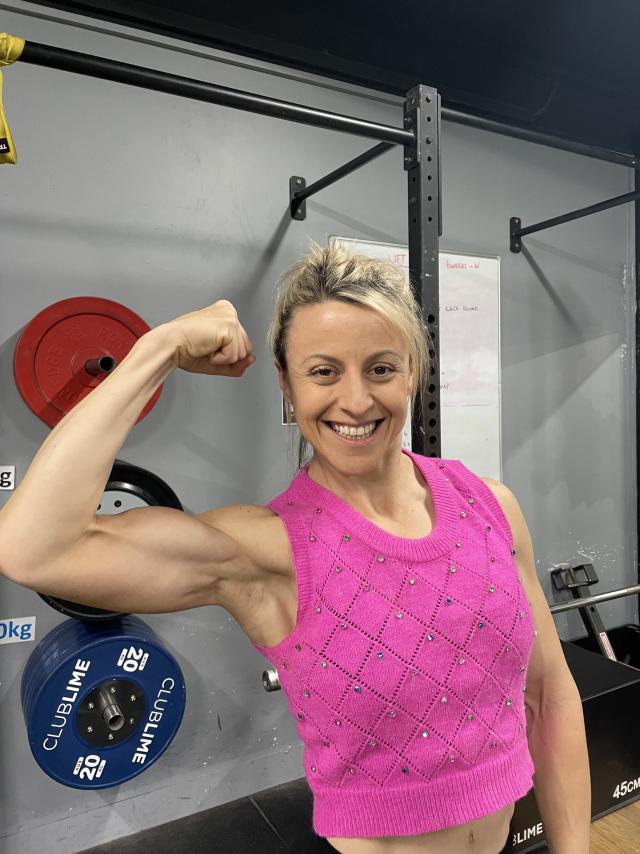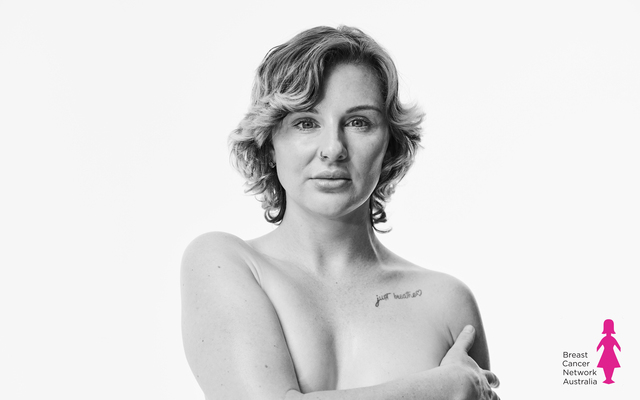With over a decade spent in the world of competitive bodybuilding, Tecoma resident Trish Vulgarus is an indisputable athlete, holding the title of World Fitness Federation’s Miss Universe 2017; however, her journey goes far beyond lifting weights, in fact, Trish once looked like she “had cancer”.
There is a significant gap in research for female athletes, which leaves women in sports like bodybuilding navigating their training with little scientific guidance.
In Ms Vulgarus’s first year of competing as a bodybuilder, she followed a coach’s plan that drastically reduced her calorie intake, resulting in rapid weight loss and severe health issues.
“After my first year, I was so hungry that I binge ate and put on nearly 10 kilos in just two weeks. It took me 18 months to recover,” said Ms Vulgarus.
“I lost my period, and I looked awful—like I had cancer.”
Though it was a detrimental period of time for Ms Vulgarus and her health, she understands that what happened to her, is part of a much larger problem than just her coach.
“It’s horrifying that my coach didn’t catch this issue, but in her defense, many girls actually prefer a quick fix rather than the long, hard way.”
“It’s easier to just cut calories and see results fast, which can be posted on social media. However, this leads to a cycle where they blow out after the show and never compete again”, she said.
“Most federations see a lot of one-time competitors because they’re all following similar starvation diets,” said Ms Vulgarus.
The lack of education and scientific research for women in bodybuilding is a real issue for the longevity of female athletes.
According to research by Mary Downes Gastrich et al (2020), “female athletes are often insufficient in meeting nutritional and energy needs (both macronutrients and micronutrients), leading to medical-related issues, poor performance and health, and low energy availability”.
Female athletes’ nutrition status needs to be more “closely monitored” due to “reports of disordered eating risk, low energy availability” and the effects on bodily function and or performance, as well as the “lack of accurate sports nutrition knowledge”.
Federation University Pro Vice-Chancellor of Research and Executive Dean, Professor Remco Polman, said “a lot of the research in the past, not just in sport, but also in medicine, has been done on men, and with very little consideration of the needs for females.”
Professor Polman said that while this is improving, and more research is being conducted as to how the menstrual cycle influences performance in women, “we’re still probably 20 years behind in some of the research of how we should actually train and help women to enhance their performance compared to men.”
Despite this, Vulgarus adjusted her approach, choosing to coach herself through her second year.
“The anger from not winning drove me, and by my third year, I cleaned up as the overall champion,” she said.
Her success, however, was founded upon her own “trial and error” and does not negate that a lack of scientifically tailored guidance can have a detrimental effect on athletes.
Vulgarus’s story is one example of the need for better research into female athletes. As women increasingly participate in traditionally male-dominated sports, from bodybuilding to weightlifting, there is a growing necessity for more studies that address their unique physiological and psychological needs.
“It’s about the longevity. That’s the part that matters,” she said.
Ms Vulgarus has just returned from her Los Vegas WFF Universe Championships 20 October placing 2.
As Vulgarus continues to thrive, pushing the limits of science that have not yet caught up to her ambition, she is a testament to what could be achieved should the research become equal for women.










